A Palestinian man carries food received from the Gaza Humanitarian Foundation, a US-backed organisation approved by Israel, in Khan Younis on Thursday. AP
The US plan includes release of 10 hostages and remains of 20 others, resumption of aid flows and talks on permanent ceasefire, sources say
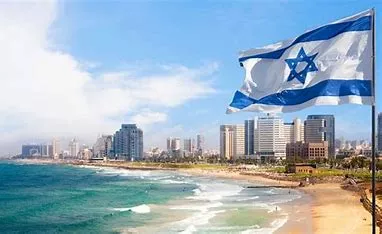
There is realistic hope that Israel and Hamas will accept a new Gaza ceasefire plan presented by US envoy Steve Witkoff that provides for a 60-day truce and the staggered release of 10 hostages, sources told The National on Thursday.
They said the "framework agreement" also provides for Hamas to release the remains of around 20 hostages who died in captivity in Gaza, and for Israel to allow a substantial flow of humanitarian aid into the devastated territory that the UN and its affiliated agencies will distribute.
The draft agreement was hammered out after days of talks in Qatar involving negotiators from Israel and Hamas and mediators from the United States, Egypt and Qatar.
If both Israel and Hamas agree to the plan, US President Donald Trump is likely to make the announcement in Washington, the sources said.
"We may have an announcement within the next 48 hours or sooner," said one source. However, mediators have had high hopes in the past that a deal was within reach, only for negotiations to collapse in the final stretch, he added.
The sources said the agreement also provides for Hamas and Israel to start indirect negotiations on a full Israeli withdrawal from Gaza and a long-term ceasefire as soon as the 60-day truce takes effect.
Israeli media reports said Prime Minister Benjamin Netanyahu was due to convene his security cabinet later on Thursday to decide on the latest plan.
Hamas said it was studying the new proposal. "The Hamas leadership has received Witkoff's new proposal from the mediators and is responsibly studying it in a way that serves the interests of our people, provides relief, and achieves a permanent ceasefire in the Gaza Strip," the group said in a statement.
Under the agreement, Hamas would release five hostages during the first week of the truce and another five towards the end of the 60 days. The 10 hostages would be freed in exchange for hundreds of Palestinians detained in Israeli jails, but a precise number has yet to be decided, the sources said.
The resumption of humanitarian aid would involve 1,000 lorries a day, a high number intended to quickly address the widespread hunger and acute shortages of medicines and other essentials among Gaza's 2.3 million residents, said the sources.
A distribution plan mapped out by UN experts for its personnel and members of affiliated agencies to jointly put into effect has been handed to Israeli authorities, they added.
Besides a long-term ceasefire and Israeli withdrawal from Gaza, the negotiations proposed to take place during the truce will tackle a range of sensitive issues, including the governing of postwar Gaza, the fate of Hamas's weapons and the exile abroad of its senior officials, said the sources.
Hamas has already suggested it would stay away from governing Gaza and any reconstruction effort and has said it is open to laying down and storing its weapons under international supervision, but not surrendering them.
It has also signalled that it will agree to some of its senior officials, as well as some from allied groups such as Islamic Jihad, leaving Gaza to live in exile - provided they are not targeted later by Israel.
Now in its 20th month, the Gaza war was sparked by a Hamas attack on southern Israel that killed 1,200 people. Some 250 others were also taken hostage, of whom 57 remain in captivity. Around 20 of those are believed to be still alive, Israel's military says.
The war has left more than 54,200 Palestinians dead and more than twice that number injured, according to the Gaza Health Ministry. The conflict has also reduced most of Gaza's built-up areas to rubble and displaced the majority of the enclave's residents.
The last ceasefire in Gaza ended on March 1 but the territory remained relatively quiet until March 18, when Israel resumed military operations and later expanded its ground offensive. The resumption of violence followed Israel's March 2 decision to halt the entry of aid into Gaza.

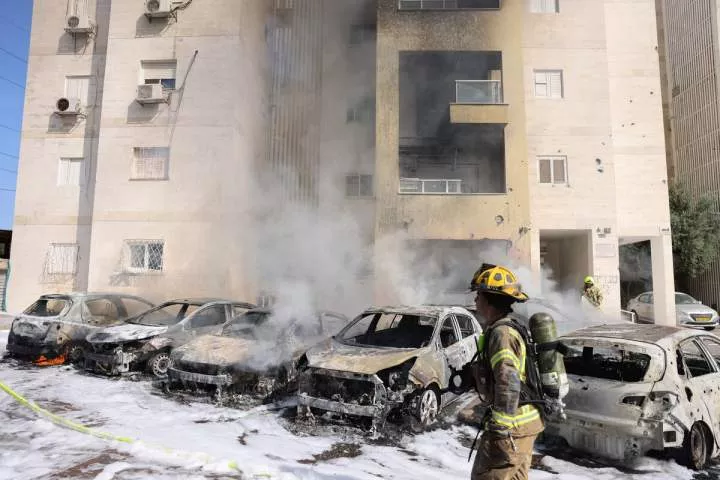
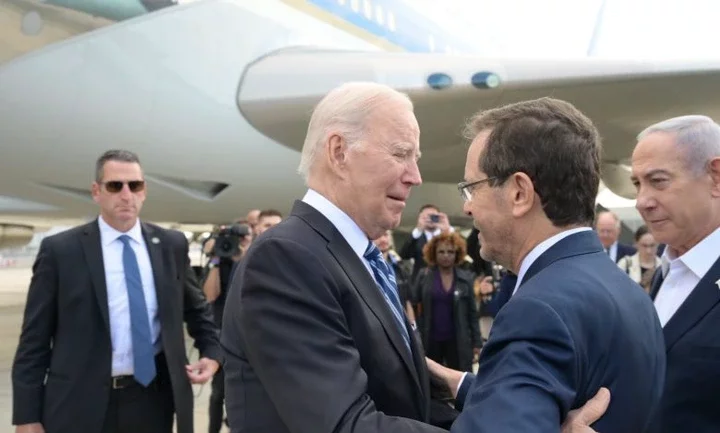
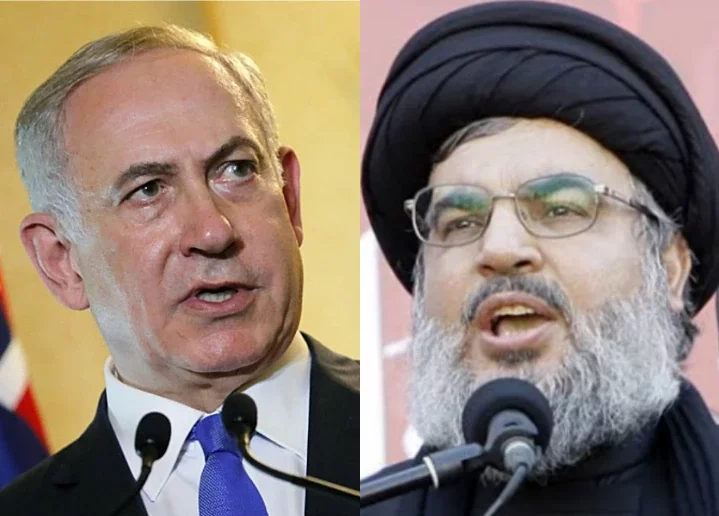
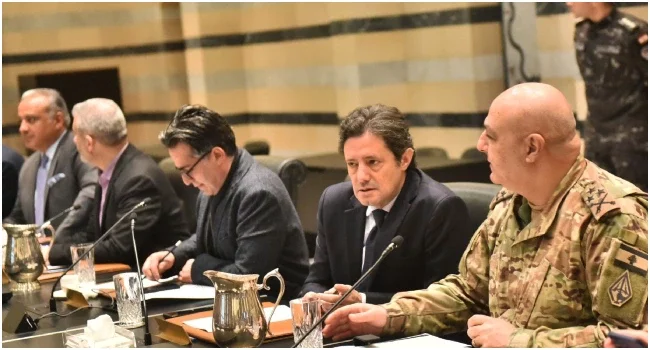
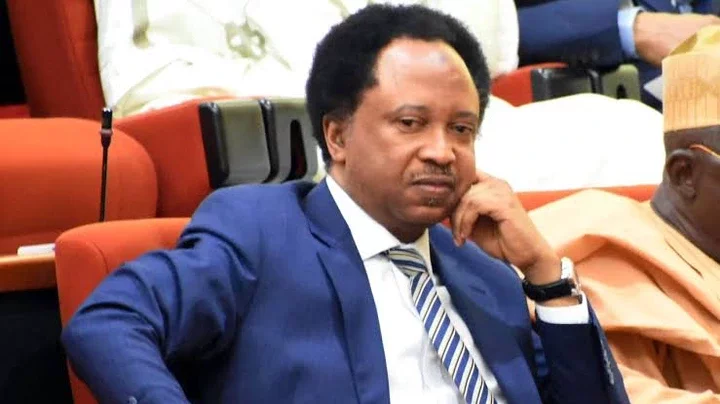
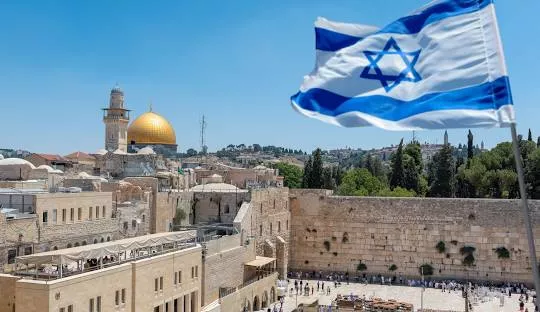









Comments